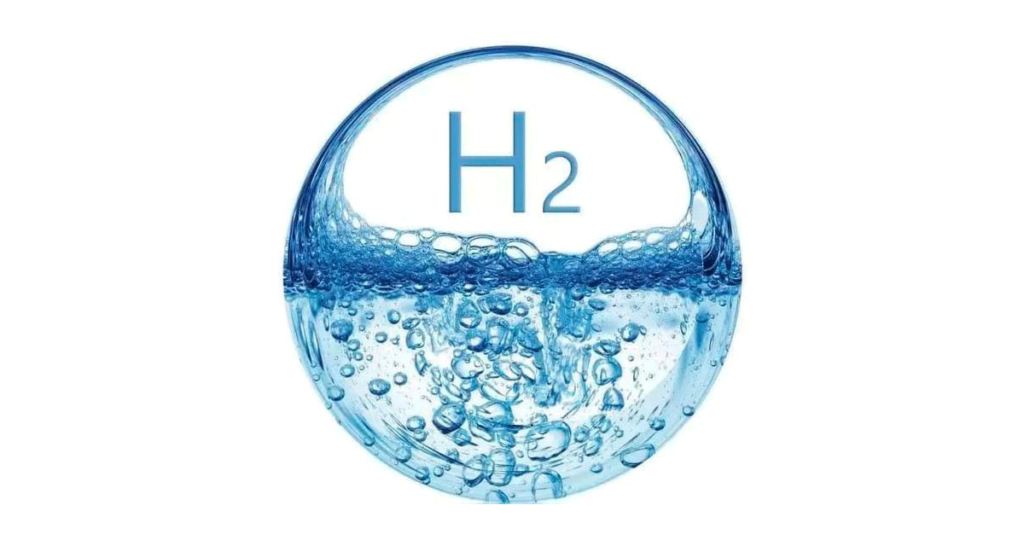
Acne is an inflammatory condition of the skin that is characterized by lesions in the dermis. Oxidative stress can be a major factor in the development of acne, as has been found in several scientific studies. It was found that oxidative stress could contribute significantly to acne development through several pathways; these included promoting the production of inflammation-inducing factors.
Hydrogen is an element that is light in weight. It is this fact that makes it possible to travel the entire body in the bloodstream. The hydrogen can penetrate into the cells and the nucleus. While there, there is a reduction in free radicals and this is in an area where DNA is normally stored. It is also associated with skin rejuvenation. The effects of hydrogen in our bodies show that this is not a matter to be taken lightly. Drinking the water for 8 weeks without changing the diet helps strengthen the body against free radicals.
Molecular Hydrogen (H2) has been accepted to be an inert and nonfunctional molecule in our body. We have turned this concept by demonstrating that H2 reacts with strong oxidants such as hydroxyl radical in cells, and proposed its potential for preventive and therapeutic applications. H2 has a number of advantages exhibiting extensive effects. H2 rapidly diffuses into tissues and cells, and it is mild enough neither to disturb metabolic redox reactions nor to affect signaling reactive oxygen species; therefore, there should be no or little adverse effects of H2. The numerous publications on its biological and medical benefits revealed that H2 reduces oxidative stress not only by direct reactions with strong oxidants but also indirectly by regulating various gene expressions. Moreover, by regulating the gene expressions, H2 functions as an anti-inflammatory and anti-apoptotic, and stimulates energy metabolism. However, antioxidants like hydrogen can help to prevent reactive oxygen species (ROS) from accumulating to the level where they can lead to cellular damage and disease such as acne.